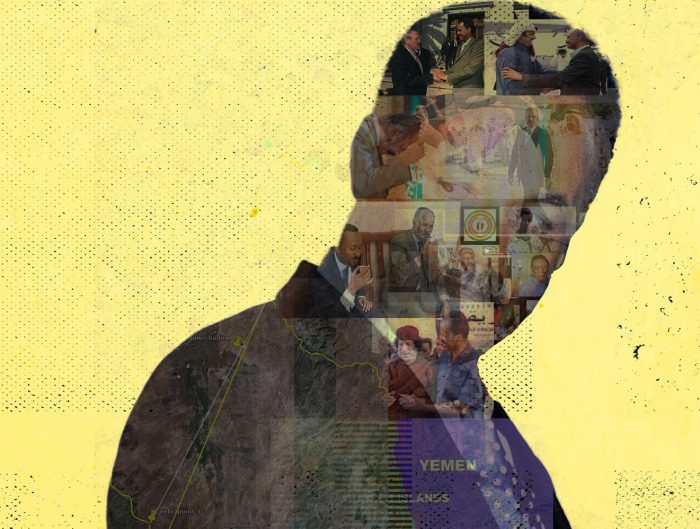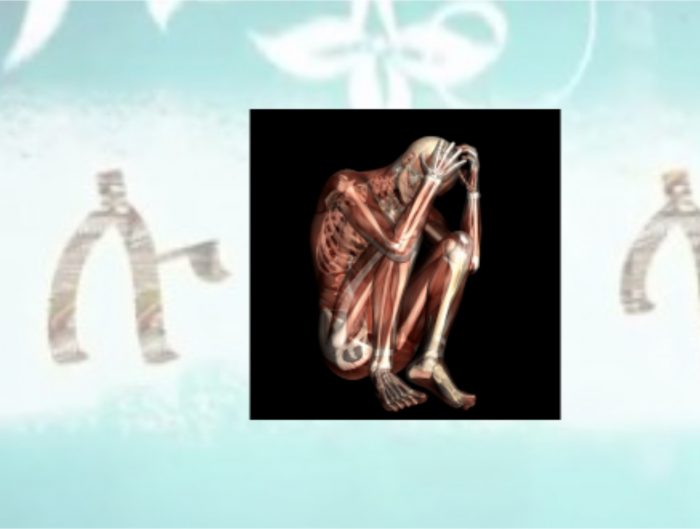Of the many cultures the Trans-Mereb people of Eritrea and Ethiopia share is disdain for musicians: everybody wants his son to be a doctor, a lawyer or an engineer. And often, musicians live down to this expectation, focusing on being entertainers and flatterers-to-the-rich-and-powerful, and just helping to deaden the pain of the human condition. But sometimes, and it is rare, you find artists who consider their duty to be spokespersons for the pain of their people—and that was Hachalu Hundessa.
Born and raised in Ambo City to a creative family (Laureate Tsegaye Gebremedhin was his great uncle), Hachalu gravitated to what used to be called “protest songs.” Fluent in Amharic and his native tongue Afaan Oromo, he composed songs that brought the marginalization of his people to the attention of the world.
Ambo City would, of course, become the Protest Capital of Ethiopia (#OromiaProtests) because it produced not only Hachalu but also long-distance runner Feyisa Lelisa, whose crossed-fists at the Rio Olympics brought great publicity to Oromo Protests.
At the very young age of 17, Hachalu was arrested for participating in, and organizing, the Oromo protests. He spent 6 years in jail and, upon his release, he toured Australia and Europe to the Oromo Community, where he sang his famous “Ma’alin Jira?”(about the Oromo who were displaced from places historically associated with them.) “Ma’alin Jira” loosely translates to “where are you?”
After touring Australia and Europe, he traveled to the United States. Given the close relationship between the US and the Ethiopian Government, and the latter’s eagerness to claim that almost everything violated its “anti-terrorism proclamation” (ATP), he was not able to release his album until 2014. When it was, it quickly became a hit on the streaming service, Spotify.
He returned home in 2015, right around the time the Oromo Protests were intensifying. This fueled him to release more protest songs, creating the soundtrack for Oromo Protests, and the support from the public emboldened him to provide an electrifying performance at the Millenium Hall in 2017. That the-then government of Ethiopia considered him a provocateur earned him even more respect from his fans.
After the change of government in Ethiopia, and Prime Minister Abiy Ahmed’s travel to Asmara following the Eritrea-Ethiopia Peace Agreement, an Eritrean musician performed his song “jira” (which means “we are here”) at the reception:
When President Isaias Afwerki visited Ethiopia and Hachalu performed at the Millenium Hall (the same hall where Isaias beat his chest to chants of “Issu! Issu!”) many expected Hachalu to stick to the script and sing praises to the new prime minister and his guest, and not air his grievances in the presence of a foreign dignitary. But Hachalu sang songs about the continuing oppression of Oromo People and how it cannot continue. To him, as he explained in an interview later, he would be remiss in his duties if he did not do that when presented with the biggest opportunity of his career.
In addition to his role as an activist-musician, he was also a member of the Ethiopian Musicians and Artists Association.
The Association invited to honor him and, speaking in Amharic, he gave the best explanation for why he is a protest singer. “Artists,” he said, “are by nature kind-hearted….. No question about it…An artist’s kind-heartedness is not expressed solely in giving charity. When an artist confronts an oppressive government, and tells it ‘you are an oppressive government’, the artist is not doing it out of some sense of ego or arrogance, but out of kind-heartedness [towards the oppressed].” It is ironic now that those who support the oppressive regime in Eritrea would want to use him as their icon, when his entire life was dedicated to, and paying the price for, fighting against unjust and oppressive regimes.
His killing has resulted in the arrest of thousands of Ethiopians, including prominent politicians and activists and journalists (including Jawar Mohammed, Bekele Gerba, Lidetu Ayalew, Yilqal Getnet, Eskinder Nega, Hussein Hamza, Eyasped Tesfaye, etc) and the death of hundreds. The Ethiopian government has accused two individuals of being behind his murder, at the behest of an offshoot of the Oromo Liberation Front (OLF-Shane). It further alleged that they had confessed to their crime, and that a confederate is on the run.
Hachalu is survived by his wife, his three children, his parents and siblings.
His catch-phrase was “Jirtu?!” (“Are you there?”) and the mass protests organized world-wide to denounce his killing appear to be a people saying “Yes, We Are Here!”
Here are a few of his great hits:
And here is a sample of the huge protest the world over from the Oromo Community:




Leave A Reply